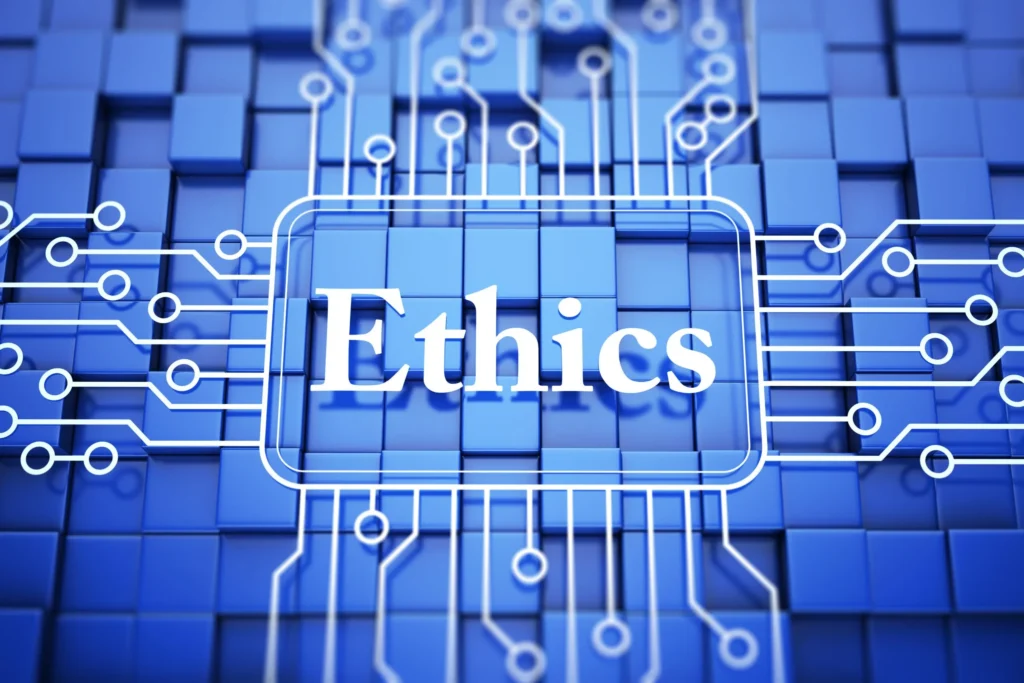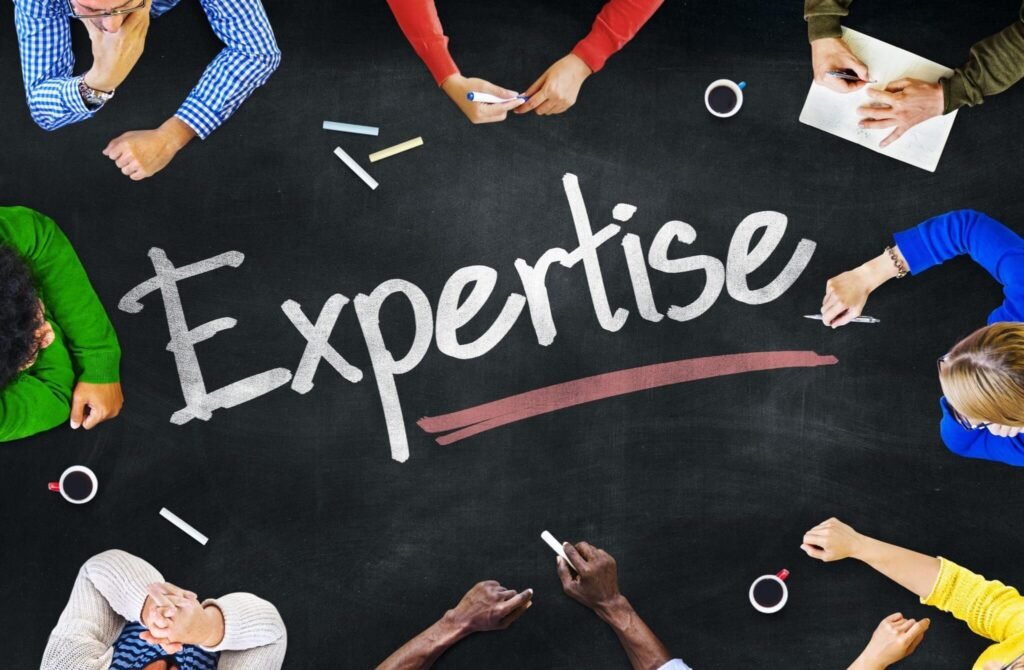Ethics in education Education ethics is an important field that includes a range of ideas and methods meant to guarantee justice, honesty, and dignity in learning environments.

Equity and Fairness
It is essential to make sure that every kid has equitable access to resources and educational opportunities. This involves tackling inequalities pertaining to disability, gender, race, and socioeconomic position.
Integrity and Honesty
This entails being truthful in evaluating students’ performance, abstaining from bias, and acting in a professional manner as educators. It entails staying away from plagiarism and cheating for students.
Respect for Privacy
It is essential to safeguard kids’ and their families’ privacy. This entails maintaining the privacy of students’ personal and academic affairs and managing personal information in a discreet manner.

Professional Conduct
It is the responsibility of educators to model moral behavior and conduct themselves professionally in all interactions with students, colleagues, and the community. This entails abiding by ethical guidelines and steering clear of conflicting interests.
Informed Consent
Getting participants’ (or their guardians’) informed consent is crucial for research and some teaching methods. This entails giving precise and comprehensive details regarding the nature, goal, and possible effects of the study or activity.

Cultural Sensitivity
Teachers ought to be conscious of and appreciative of the cultural diversity among their pupils. This entails fostering a welcoming atmosphere that respects different viewpoints and abstains from prejudiced or discriminatory behavior.
Responsibility to Report
educators have a responsibility to report unethical activity or possible harm, including abuse or neglect.

Professional Development
To guarantee that they consistently operate in the finest interests of their students, educators have to undertake continuous professional development to remain current on emerging ethical issues in the area and recommended methods.
Conclusion
Teachers may guarantee that every student has access to a high-quality education and is treated with respect by following the values of justice, honesty, and professionalism.
FAQs
What are some common ethical issues in education?
The values and norms that direct conduct and judgment in educational environments are referred to as ethical standards and principles. It entails making certain that everyone engaged students teachers, and administrators is treated fairly, honorably, and with respect.
What role do parents and guardians play in promoting ethics in education?
encouraging their kids to respect others and maintain academic honesty.
holding conversations regarding their child’s education and any ethical worries they may have.
setting an example of moral conduct and judgment at home.
What are some common ethical issues in education?
Plagiarism, cheating, and data manipulation.
improper use of or unlawful disclosure of student personal data.
conflicts of interest, improper partnerships, or teacher misbehavior.
How do ethical considerations impact educational research?
This entails getting informed consent, safeguarding participant privacy, and preventing any kind of injury or exploitation.
How can schools promote an ethical culture?
establishing and disseminating conduct and ethics codes.
delivering frequent ethical education to faculty and students.
creating an atmosphere that encourages candid discussion of ethical issues.
ensuring that personnel and school administrators act morally themselves.



